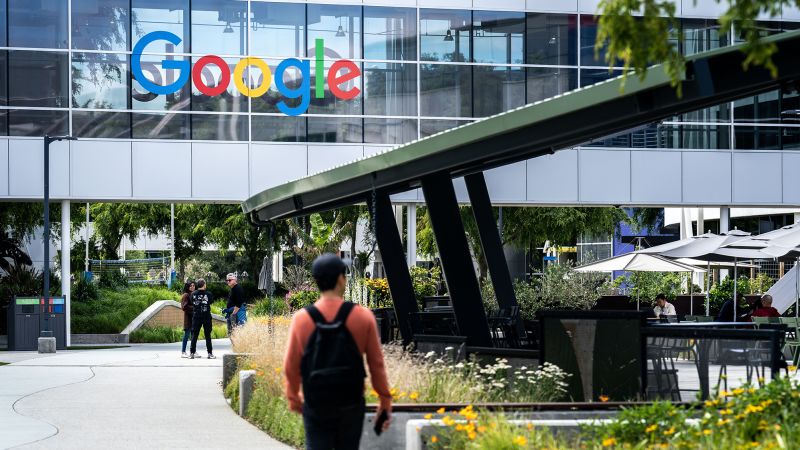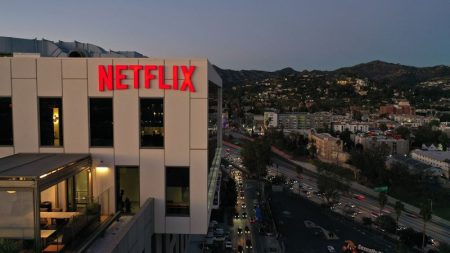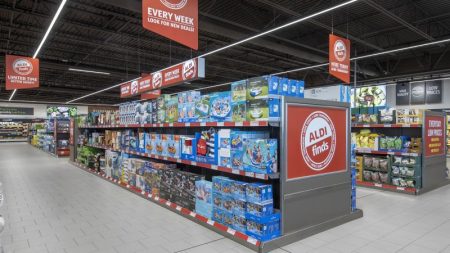The News/Media Alliance, which represents more than 2,000 news publishers, sent letters to federal agencies urging them to investigate Google’s decision to remove links to California-based news outlets. This move by Google was in response to a proposed law that would require tech companies to pay for news content, leading to backlash from the industry. The Alliance requested an investigation into whether Google violated any laws by limiting some Californians’ access to news websites from Google search.
Google announced on Friday that it had started removing links to California news websites for some users as a test to evaluate the impact of the proposed legislation on their product experience. The Alliance’s letter requested investigations into potential violations of the Lanham Act, the Sherman Antitrust Act, the Federal Trade Commission Act, California’s Unruh Civil Rights Act, prohibitions against false advertising and misrepresentation, the California Consumer Privacy Act, and California’s Unfair Competition Law.
The Alliance expressed concerns about the lack of transparency regarding the number of affected Californians, the selection process for denying news access, the duration of the compelled news blackouts, and the specific publications affected by Google’s decision. News/Media Alliance president Danielle Coffey criticized Google for having too much power and making decisions detrimental to society. She called on government agencies to address potential violations of antitrust and other relevant laws.
Google did not provide a comment on the matter, but California State Senate President Pro-Tempore Mike McGuire condemned the move as an act of bullying and abuse of power. He expressed concerns about the impact on public safety if Californians are denied access to news during emergencies. Charles F. Champion, the president and CEO of the California News Publishers Association, accused Google of suppressing California news and called for urgent action by policymakers to prevent one company from controlling access to online content for their own interests.
The industry’s response to Google’s decision reflects widespread concern about the tech giant’s dominance and its ability to influence access to information. The California Journalism Preservation Act, which led to Google’s action, is seen as a significant step towards addressing the imbalance of power between tech companies and news publishers. The conflict highlights the need for greater regulation and oversight to ensure fair competition and protect the public’s access to diverse and reliable news sources. The outcome of the investigations requested by the News/Media Alliance will likely have far-reaching implications for the future of news content distribution in the digital age.















